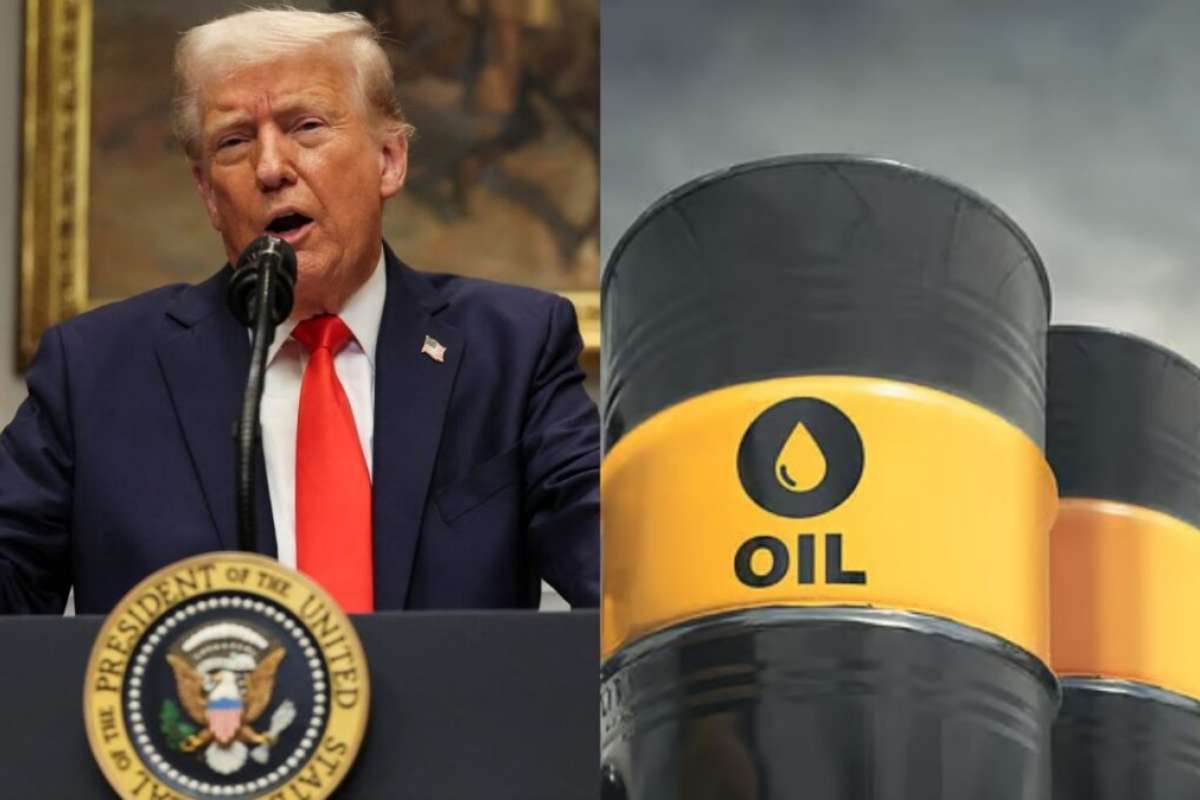Key Points:
- Brazil is rerouting oil exports due to potential U.S. tariffs if Trump returns to power.
- Shipments to the U.S. are slowing, while exports to Asia and Europe are gaining momentum.
- Political uncertainty in the U.S. is driving Brazil to seek more stable and diversified markets.
The specter of renewed U.S. tariffs under a potential second Trump presidency is reshaping Brazil’s oil export strategy, with immediate disruptions already hitting trade flows. According to reports from OilPrice.com and Reuters, uncertainty over future U.S. policy has led to a notable slowdown in crude shipments from Brazil to American refiners, particularly for the country’s medium-sour grades that had grown popular in the U.S. Gulf Coast.
Valéria Lima, Executive Director of Downstream at the Instituto Brasileiro de Petróleo e Gás (IBP), confirmed that negotiations for October deliveries are already stalling. “The uncertainty is already affecting trade decisions,” Lima told Reuters, noting that U.S. refiners are hesitating or outright backing out of new contracts due to concerns over potential import tariffs.
The current policy landscape under President Joe Biden has maintained open market dynamics. However, the possible return of Donald Trump, who has previously voiced protectionist energy stances, is prompting oil companies to reconsider their exposure to U.S. markets.
Shift Toward Asia and Europe Gains Momentum
In response to the U.S. market slowdown, Brazilian oil exporters are accelerating efforts to deepen ties with buyers in Asia and Europe. The shift is not merely reactive—it signals a strategic rebalancing toward regions that are increasing their demand for medium-sour crude as they transition energy sources and face their geopolitical constraints.
China and India, already significant consumers of Brazilian oil, are seen as viable alternatives. These countries possess refining capabilities that suit Brazil’s oil grades, and their interest in diversifying energy imports away from the Middle East aligns with Brazil’s export goals. Meanwhile, European refiners—particularly in countries seeking to replace Russian crude—are also emerging as key targets.
Petrobras and other major producers are reportedly expanding their trading networks across Asia and exploring long-term deals. This realignment could reconfigure global oil trade routes, positioning Brazil as a more prominent supplier beyond the Americas.
Political Calculations Drive Market Realignments
At the core of this trade turbulence is the volatile U.S. political climate. While no tariffs have been officially enacted, the possibility of a policy reversal in Washington is already altering market behavior. Trump’s previous administration withdrew from global trade accords and pushed for energy self-reliance—a stance that could see a repeat if he wins the 2024 election.
Oil traders and refiners, wary of that uncertainty, are hedging their bets. “We can’t wait until November,” Lima emphasized. “Suppliers are seeking stability now.” IBP also noted that negotiations with U.S. buyers have become fraught with delays, affecting the predictability needed in oil logistics and shipping schedules.
As Brazil’s oil recalibrates, the outcome of the U.S. election could be pivotal—not just for bilateral oil trade, but for the global energy balance. Whether this redirection becomes a long-term pivot or a temporary hedge remains to be seen. What’s clear is that Brazil is no longer waiting for political clarity from Washington—it’s actively reshaping its export map to protect market continuity and revenue.
Sources:












